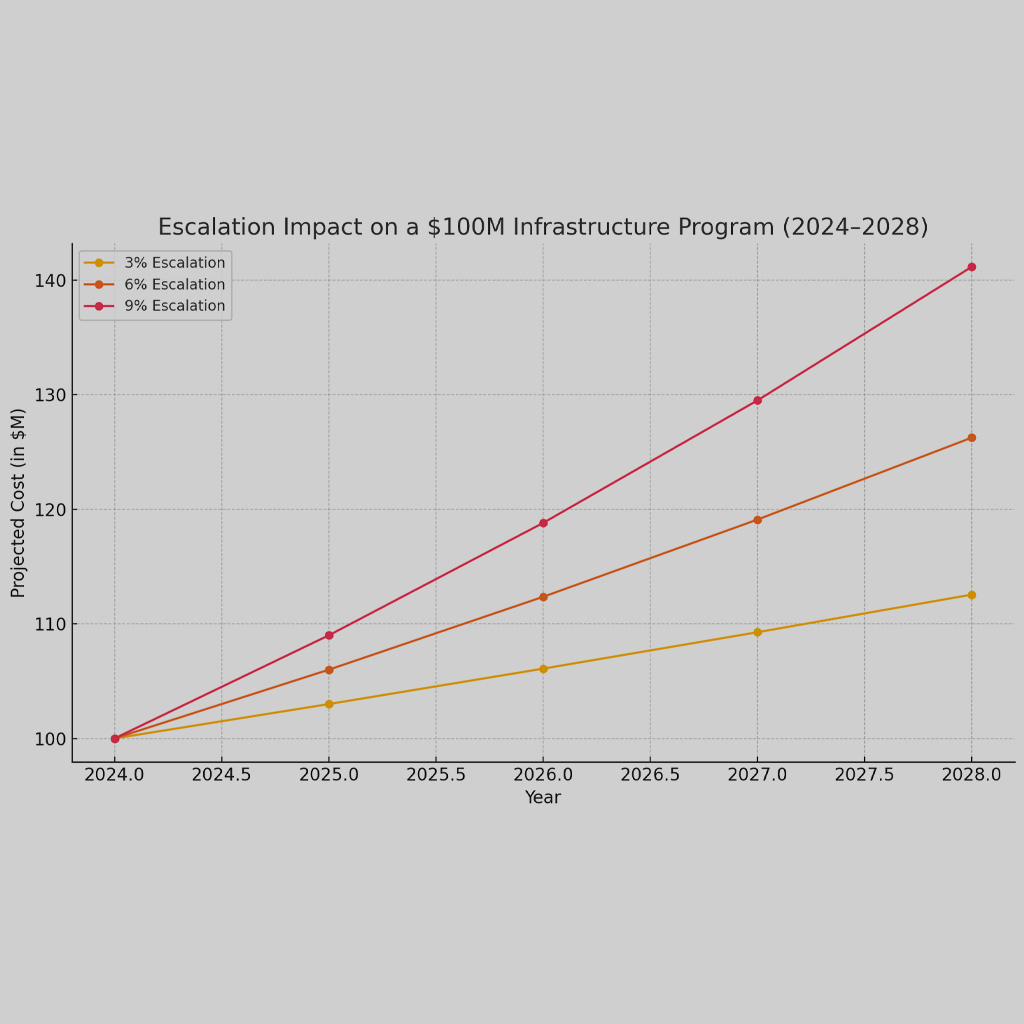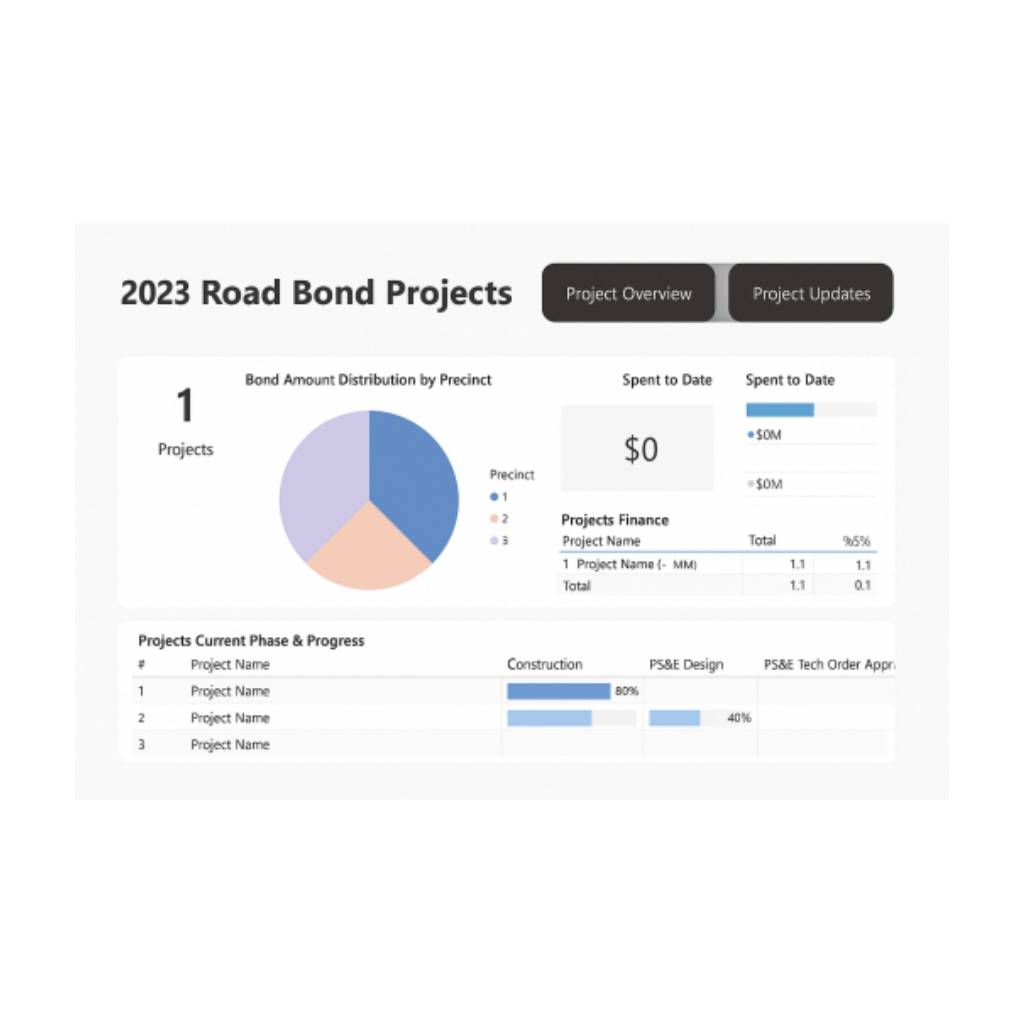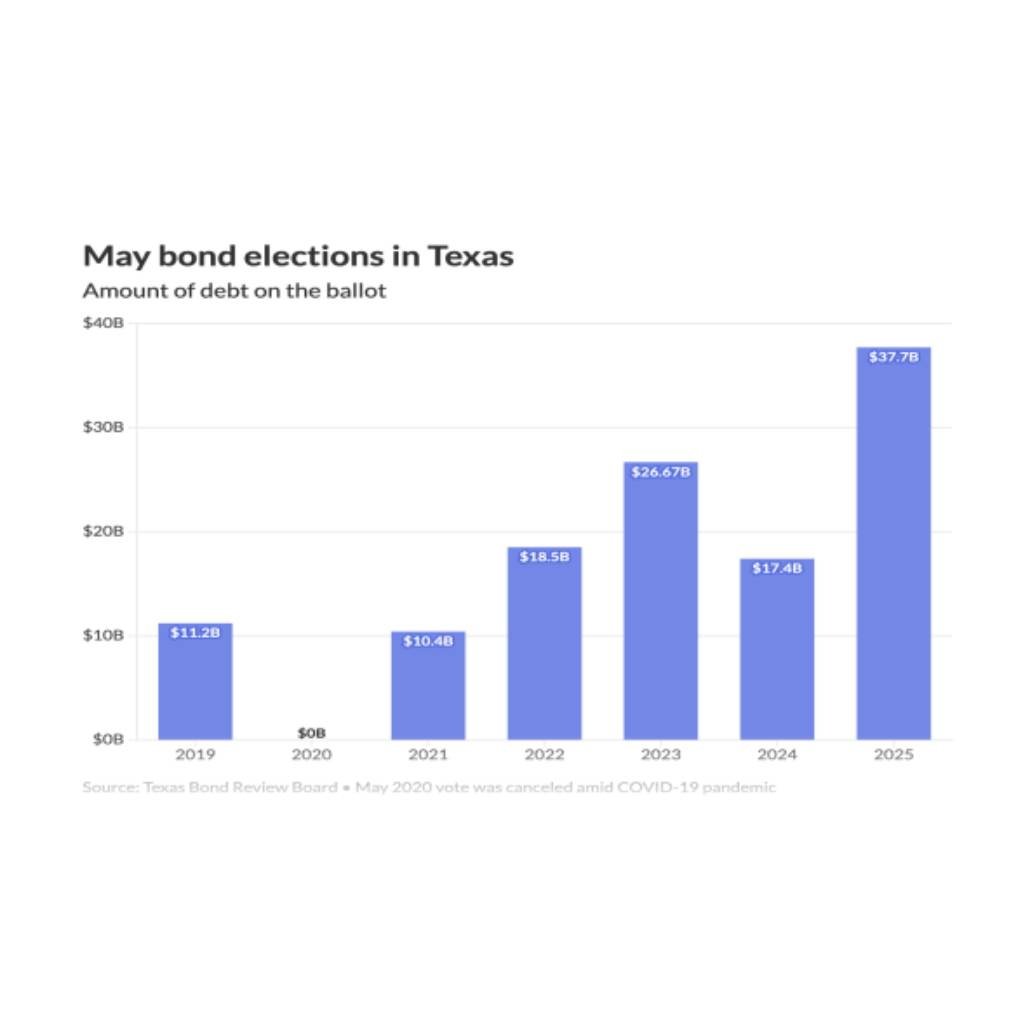“Success is the sum of small efforts, repeated day in and day out.”
– Robert Collier
A well-structured Program Management Consultant (PMC) team focused on program controls should have the following key positions. Every position is not always essential—its necessity depends on the size and scope of the projects—and some roles can be performed by the same individual. However, these are the critical areas that form the foundation for successful controls.
Building the Backbone of a Successful PMC Team
Key Positions That Drive Excellence
Every successful capital project begins with a team structured around core competencies and clear roles. The essential positions include:
- Program Manager (PM):
The PM oversees the entire program, ensuring that every facet—from initial planning to final execution—aligns with strategic objectives. Acting as the central point of accountability, the PM coordinates seamlessly between internal teams and external stakeholders, driving the project toward successful completion. - Project Controls Manager:
Specializing in cost control and schedule monitoring, this role focuses on maintaining the project’s performance by continuously tracking key metrics. The Project Controls Manager is instrumental in identifying variances and implementing corrective measures, ensuring the project remains on target. - Scheduling Lead:
Precision in timelines is critical. The Scheduling Lead is tasked with developing and managing the Integrated Master Schedule (IMS), ensuring that every milestone is realistic, achievable, and adaptable to evolving project conditions. - Budget and Financial Analyst:
Responsible for tracking cash flows, monitoring cost performance, and ensuring financial stability, this role provides the analytical expertise required to forecast potential overruns and identify opportunities for cost savings. - Risk Manager:
Proactively identifying, assessing, and mitigating risks is essential for project success. The Risk Manager collaborates closely with all team members to preempt potential issues and safeguard the project against unforeseen challenges. - Contract & Procurement Specialist:
This specialist ensures contractual compliance and oversees vendor performance, managing the procurement strategy to secure the best value without compromising quality. - Document Control Specialist:
Meticulous record-keeping is the cornerstone of accountability. This role manages all project documentation, ensuring that records are up-to-date, audit-ready, and easily accessible to authorized team members. - Stakeholder Communications & Engagement Lead:
Bridging the gap between the project team and the wider community, this position is responsible for clear and effective communication. It plays a critical role in fostering trust and alignment among all stakeholders, including public officials, contractors, and community members. - Technology & Data Analyst:
In today’s data-driven environment, this role manages the Program Management Information Systems (PMIS) and provides the insights needed for data-driven decision-making, ensuring continuous improvement across the project lifecycle.
Empowering Success with Critical Tools
The Digital Toolkit for Modern Program Controls
The right suite of technological tools is essential for executing effective program controls. These tools include:
- Cloud-Based Program Management Information Systems (PMIS):
Centralized platforms offer real-time updates and seamless collaboration across departments. They serve as a single source of truth for project data, ensuring consistency and accuracy. - Scheduling & Cost Control Software:
Advanced scheduling applications and cost management tools empower teams to maintain an up-to-date Integrated Master Schedule while monitoring expenditures with precision. Systems like Earned Value Management (EVM) integrate cost and schedule tracking for proactive management. - Risk Management and Change Control Platforms:
These systems provide dynamic capabilities to forecast potential risks using predictive analytics, enabling teams to implement mitigation strategies before issues escalate. - Contract and Procurement Management Solutions:
Automated systems streamline bid tracking, ensure contract compliance, and manage vendor performance, making procurement processes transparent and efficient. - Financial Management Tools:
Dedicated financial software tracks cash flow, invoice processing, and cost performance, offering teams the visibility needed for informed financial decisions. - Communication and Collaboration Tools:
Real-time dashboards and collaboration hubs facilitate transparent communication, making it easier to share updates, report progress, and align on strategic decisions throughout the project lifecycle.
Cultivating the Right Attributes for a High-Performance Team
Characteristics and Attitudes That Make a Difference
Beyond organizational structure and technology, the success of a PMC team is deeply rooted in the personal attributes and attitudes of its members:
- Analytical & Data-Driven Approach:
Making decisions based on accurate, real-time analytics enables the team to quickly identify trends and implement corrective actions. - Strong Communication & Transparency:
Open, honest channels of communication build trust among team members and external stakeholders, ensuring clarity and accountability in every decision. - Proactive Problem Solving:
The ability to anticipate issues before they materialize is a game changer. A proactive team identifies and resolves potential problems at the earliest opportunity. - Accountability & Integrity:
Handling large-scale public projects requires unwavering ethical standards. Each team member must take personal responsibility for their role, ensuring that public resources are managed judiciously. - Adaptability & Innovation:
With the landscape of infrastructure constantly evolving, embracing innovation—whether through new technology or adaptive methodologies—is crucial for maintaining agility and responsiveness. - Collaborative Leadership:
Effective leadership is not only about directing tasks but also about inspiring a shared vision. Leaders who foster teamwork and encourage input from every level drive the project forward with greater efficiency. - Resilience Under Pressure:
In the face of tight deadlines, budget constraints, and regulatory challenges, resilience is key. A team that maintains its composure and delivers results under pressure is invaluable.
Charting a Path to Industry Transformation
A well-equipped PMC team does more than just manage projects—it transforms how public infrastructure is planned, executed, and delivered. By integrating specialized roles with cutting-edge technology and fostering a culture of excellence, such teams not only mitigate risks and control costs but also build lasting public trust through transparency and accountability.
For industry leaders and government agencies looking to maximize the value of every investment in public infrastructure, building a dedicated PMC team based on these principles is essential. This holistic approach not only streamlines operations and ensures timely project delivery but also enhances community engagement and public safety.
The ultimate measure of success lies in the ability to build resilient, efficient, and forward-thinking infrastructure that stands the test of time. Embracing these principles and implementing a robust PMC framework sets new standards in capital project management and paves the way for a brighter, more sustainable future.
Embrace the future of capital project management with a dedicated PMC team built on these foundational principles. Transform challenges into opportunities, drive innovation through proactive controls, and deliver projects that truly make a difference in communities.
At Front Line Advisory Group, we are pioneers in Capital Improvement Bond Management, leveraging unparalleled expertise and deep industry insights. Our mission extends beyond consultation – we empower our clients to realize the full potential of their investments, ensuring tax dollars are put to maximum use through astute Program Management Consulting. For more information or to commence your journey towards transformative bond management, reach out to us at Info FLAG













